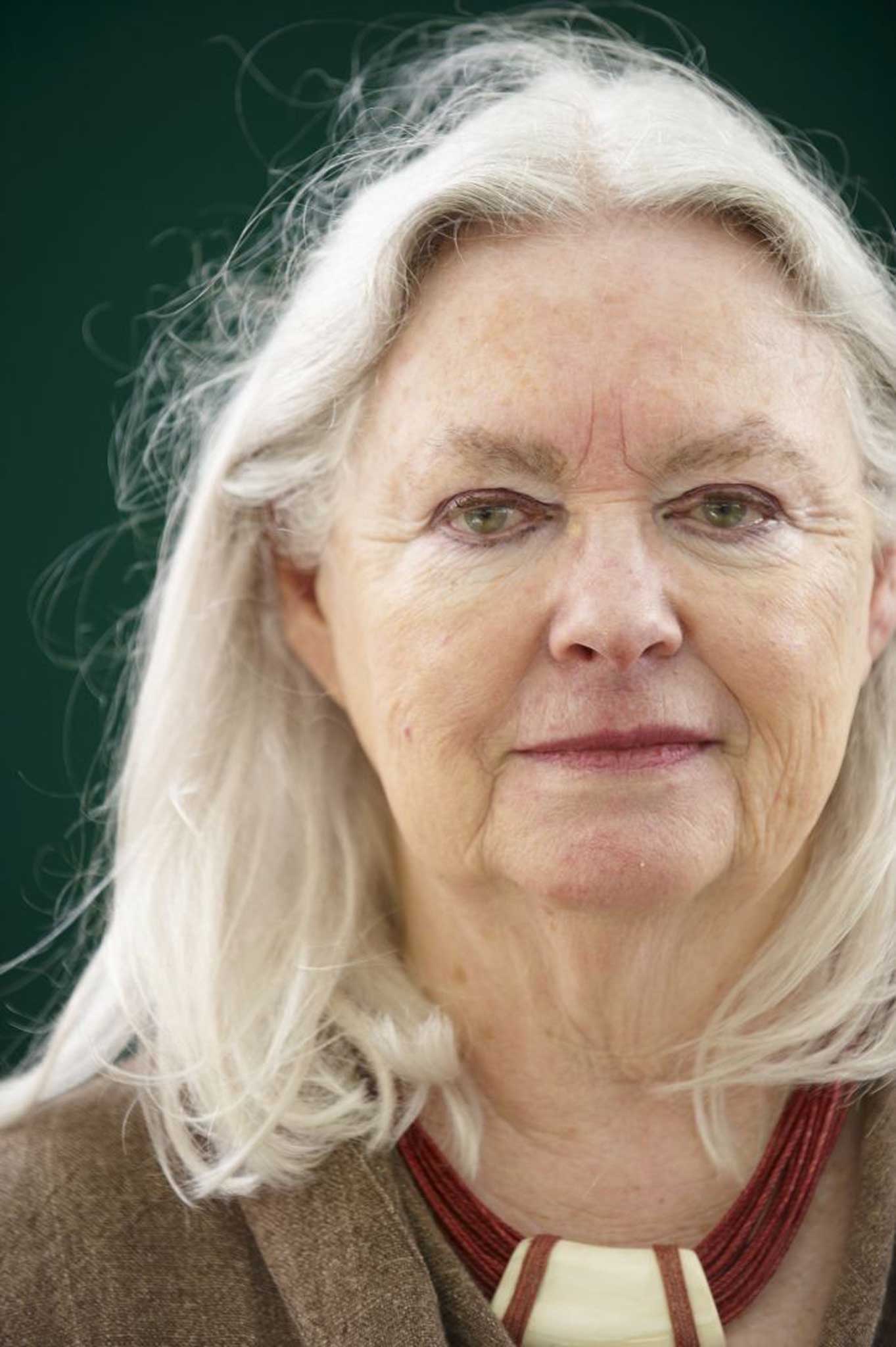Ice, By Gillian Clarke
Two harsh winters, 60 years apart, frame this pastoral elegy from Wales's national poet.

January to mid-March 1947: the Big Freeze. Blizzards engulf a bankrupt post-war Britain. Schoolgirl Gillian Clarke awakens in a Pembrokeshire countryside where no birds sing. Drifts block roads and railways. One quarter of Britain's sheep are about to die. Gillian gazes through panes imprinted with ice-ferns. Coal can't get to power stations: the nation's lights go out. On Gillian's hearth, the polar bear rug rears up thrillingly in its original Arctic magnificence. Food shortage looms. Gillian shivers as she hears of a child's frozen corpse on the road. In mid-March come thaw, flooding, gales.
December 2009-10: this so-called "Big Freeze" is less apocalyptic than hypnotic. There's transport disruption, school closure, power failure. Wales's national poet, Gillian Clarke, awakens in her Ceredigion home to find that something strange has happened to time. It is suspended; it runs back. She is again the little girl who observed the milk that "stood stunned" on doorsteps in 1947; she's "dreaming on the white bear's shoulder" in a rueful ecstasy of recidivism - the rug rearing up to be bear again, before the bullet felled it. As long as the snow lasts, she's haunted.
Ice is partly pastoral elegy, partly georgic. Clarke farms in Ceredigion and we see in these poems her "carry hay/ to twelve ewes waiting hungry at the gates". After the thaw, she and her partner lure a ewe indoors, dangling her newborn lambs ahead, "their hearts in our hands". The art of husbandry is a work forever in progress like the labour of the compassionate imagination.
In the beautiful "White Nights", Clarke recalls that her house was once Marged's – Marged Blaen Cwrt, who lived and died there a century ago, eking existence in conditions of extremity: "hay-dust, cold, the sickness in her lungs, the knell/ of the cow lowing to be milked, kicking its stall". Clarke has always had a sensitive feel for line-placement and assonantal rhyme: "knell" and "stall", linked by half-rhyme lament for both woman and creature. The cow that sustains Marged relies on her for life.
Ice mourns the ruined farmsteads in the depopulated Ceredigion countryside, "Gone,/ rooms of daughters, a croglofft of five sons, /ovens of baking bread, cauldrons of cawl". Poems movingly commemorate creaturely life – grebes, shearwaters, an old dog, a male swan whose mate has died in the freeze.
The collection is a kind of seasonal "Shepherd's Calendar", tending, as calendars must, toward a new "Year's Midnight": "and the ice melts/ and the seas rise". Spenser wrote in his November eclogue, "All Musick sleeps, where Death doth lead the Daunce". Pastoral elegy immemorially laments, not only waste and destruction in mortal nature, but also the premature sacrifice of human voice and poetry. In 1947, news of the ice-girl's end aroused in the prescient young Gillian a sense of "her china inkwell emptied of its words,/ the groove for her pen like a shallow grave".
Stevie Davies's latest novel is 'Into Suez' (Parthian)
Subscribe to Independent Premium to bookmark this article
Want to bookmark your favourite articles and stories to read or reference later? Start your Independent Premium subscription today.

Join our commenting forum
Join thought-provoking conversations, follow other Independent readers and see their replies